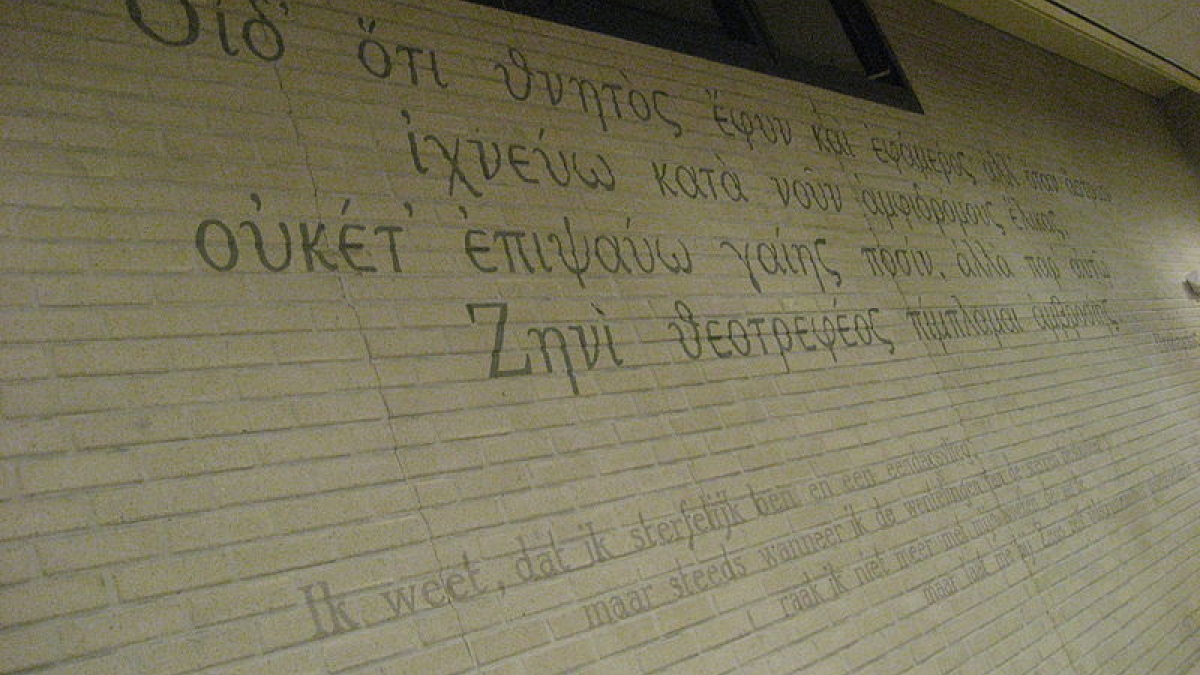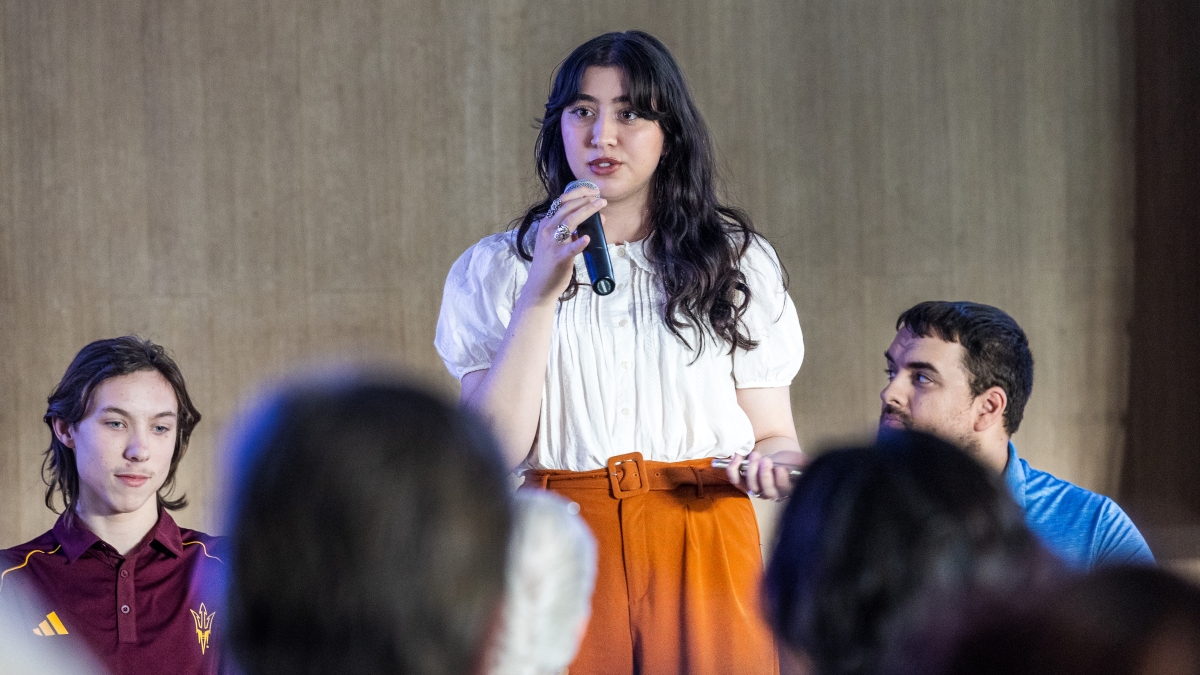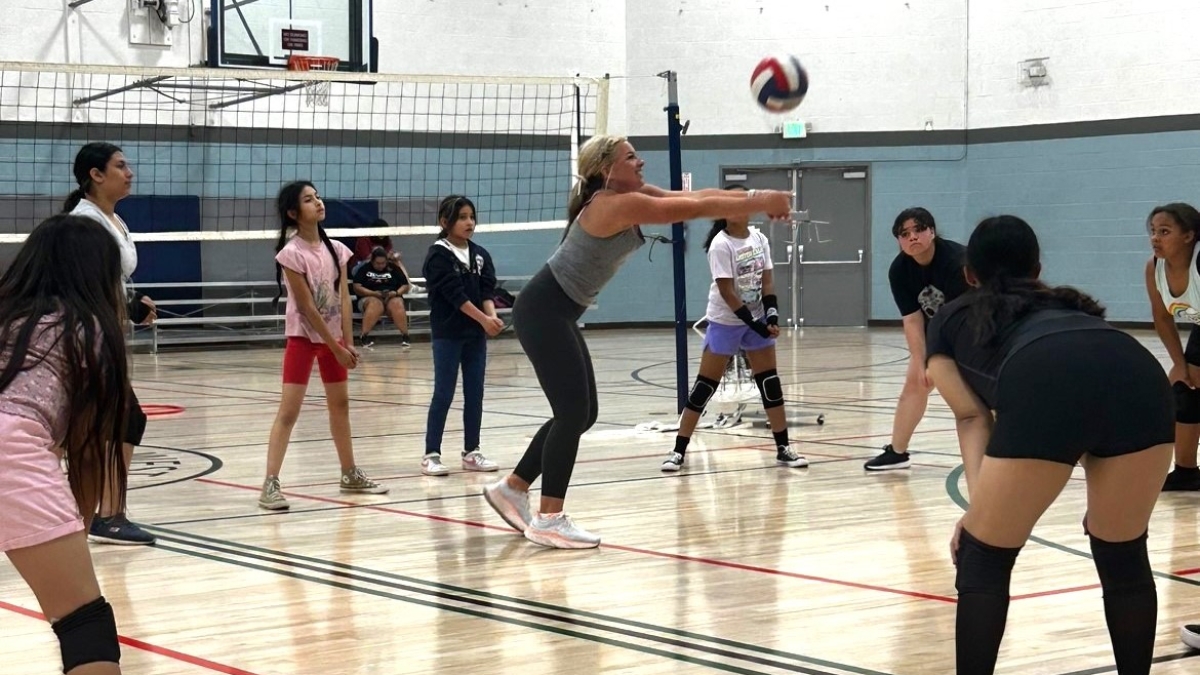Ancient Greek poems were the original Tweets, says ASU professor
Mike Tueller to discuss the connections between Twitter and short Greek poems called epigrams during March 16 lecture

Mike Tueller
What does Twitter, one of today’s biggest social media sites, have to do with ancient Greek poetry that was written more than 2,000 years ago?
The connections are broader than one might think, according to Mike Tueller, an associate professor of Greek in Arizona State University’s School of International Letters and Cultures.
Tueller will be exploring those connections between Twitter and short Greek poems called epigrams in his talk, “The Original Tweets: Tiny Poems of the Ancient Greeks” at 6:30 p.m. on Thursday, March 16 on ASU’s Downtown Phoenix campus.
“Twitter is a genre that is constrained by technology, very similar to epigrams,” Tueller said. “Some people look at Twitter and think, ‘How can you make any kind of social commentary in such a small space?’”
But “there's always been brief genres and while you can't do everything, you can do some things,” he said.
Tueller is working on a revision of the Greek Anthology (the primary source for Hellenistic epigram) for the Loeb Classical LibraryThe Loeb Classical Library is a series of books that provides access to Greek and Latin literature and is currently published by the Harvard University Press., a project that will take the better part of a decade. His research focuses on the Hellenistic period, when Greek language and culture started to spread across the Mediterranean.
“Professor Tueller combines an absolute mastery of the ancient Greek language with a keen eye for literary detail and sly wit,” said Matt Simonton, an assistant professor in the School of Humanities, Arts and Cultural StudiesThe school is part of the New College of Interdisciplinary Arts and Sciences.. “You will come out of his courses feeling like you've truly earned your newfound knowledge of Greek, but you'll also have heard some good jokes along the way.”
Tueller doesn’t make his jokes on Twitter, but he is a fan of the application. He also finds himself fascinated at how certain things go viral, finding that the fame that comes from that is similar to what writers sought back in the 10th century.
“What makes a tweet good? There are a number of different ways to do it, whether it’s referring to something bigger or making a joke.,” Tueller said. “Epigrams are often that way too.”
The earliest Greek epigrams were inscribed on monuments or offerings at sanctuaries. And just as comedians work today to create “memes,” riffing on top of one another to try and make better jokes, writers of these epigrams did the same thing as they attempted to make new and better meanings.
“They had to reinforce their cultural narrative,” Tueller said. “They wanted to prove how smart they were, how complex their literature was, and how amazing Greeks were.”
Tueller will spend roughly half of Thursday’s lecture talking about those epigrams and what made them special, while taking the rest of the time to explore the medium of Twitter and the connections between the two.
The talk is part of the College of Integrative Sciences and Arts spring 2017 Humanities Lecture Series. It will be held in room 128 inside the Walter Cronkite School of Journalism and Mass Communication on the Downtown Phoenix campus. Admission to the event is free.
Photo by Vysotsky (Wikimedia)
More Arts, humanities and education

Students host gun culture storytelling event with an intergenerational audience
According to Bobbie Reed — a resident of Arizona State University's senior living retirement community center, Mirabella — guns were much less prevalent in society when she was growing up. “I don’t…

ASU Gammage program brings the arts to incarcerated women
Laughter might not be the first thing you expect to hear when arriving at Maricopa County Estrella Jail, the all-women prison facility in south Phoenix. But it was there on a recent afternoon, down…

Maryvale girls gain confidence through volleyball program
Life as a teen or tween can be tough, particularly for girls. That's why an Arizona State University partnership with a community center in West Phoenix is building confidence in girls through…
